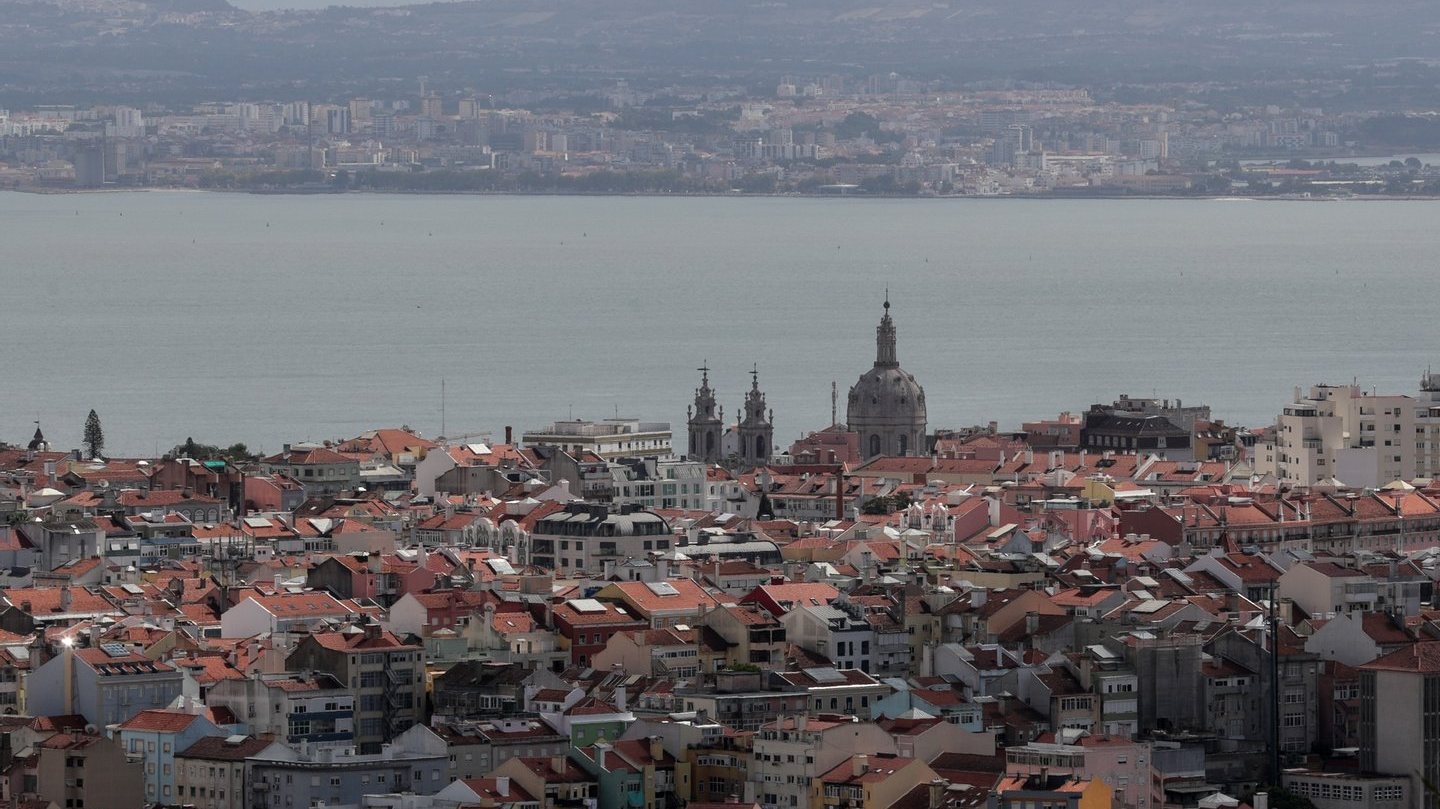Portugal is an attractive country to invest in infrastructure development and China is attentive to projects and possible contracts in the area of transport and the environment, according to a report released this Wednesday in Macao.
In Portugal, “transportation and the environment (for example, sanitation) are gaining ground, with contracts worth more than US$600 million [628 milhões de euros]signed in 2021”, can be read in the report on the classification Infrastructure Development Index 2022 “One Belt, One Road”, the initiative launched by Chinese President Xi Jinping, which involves 71 countries in Beijing’s international strategic plan of develop maritime, road and rail links, but also invest in energy resources.
Portugal is, precisely, among the Portuguese-speaking countries, from the perspective of the Chinese report, the one that appears with the best score in the development sub-index associated with the environment, which adds factors of political, economic, sovereignty, market impact, as well as business and industrial settings.
In the document, in which Portugal also leads among the Portuguese-speaking countries in the sub-index related to operating and financial costs, the real growth of the Gross Domestic Product (GDP) in the country is highlighted and it is concluded that “The economic conditions are solid for the sectors associated with the area of infrastructure”in a reference that also extends to Cape Verde and Mozambique.
The same document indicates that, both in Brazil and Portugal, the energy production facilities are in better condition, but the trend of investment in renewable energies in this period of energy transition is underlined.
The global index assesses factors such as environment, demand, responsiveness and costs for infrastructure development in countries included in the “One Belt, One Road” initiative.
The higher the score in the index, the better the prospects for a country’s infrastructure industry and the more attractive it is for companies to invest, build and operate in this area in those territories.
The document was presented at the International Forum on Investment and Construction in Infrastructure.
At the opening of the event, China’s Vice Minister of Commerce, Li Fei, reported that the country invested 178.8 billion dollars abroad this year (187,010 million euros).
Portugal, Angola and Brazil are the most cited Portuguese-speaking countries in the Chinese infrastructure index
Brazil, Angola and Portugal are, in that order, the most cited Portuguese-speaking countries in the Chinese index of infrastructure construction worldwide, according to a report released Wednesday in Macao.
In the classification led by Indonesia, the Philippines and Malaysia, Brazil (12th) is the best placed Portuguese-speaking country. Among the Portuguese-speaking countries, Angola (22), Portugal (28), Cape Verde (53), Mozambique (54), Timor-Leste (63), São Tomé and Príncipe (69), and Guinea-Bissau (70).
Portugal is among the Portuguese-speaking countries, from the perspective of the Chinese report, the one that appears with the best score in the development sub-index associated with the environment, which adds factors of political, economic, sovereignty, market impact, as well as business scenarios and industrial.
Portugal is also better placed among the Portuguese-speaking countries in the sub-index related to costs, operation and financing.
Angola stands out more in the demand sub-index, which combines factors such as demand and potential market.
Brazil, for its part, leads among Portuguese speakers in the sub-index devoted to local receptiveness and short-term enthusiasm for investment in infrastructure, calculated, for example, from the value of new contracts.
In general, the report indicates that there is a “slight recovery” in the index“thanks to the greater demand and enthusiasm/receptivity for the construction of infrastructure in the 71 countries
Even so, “the swings in great power relationships, the setbacks in the global economic recovery and the slow exit from the covid-19 pandemic since the beginning of the year have cast a shadow over the future of infrastructure,” he noted.
One strategy for international infrastructure stakeholders is to seize the opportunities brought by the new round of technological revolution and energy transition, adapt to the ‘new normal’ of epidemic prevention and control, and pursue high-level, sustainable and centered on people”. concludes the report.
The report also notes that the “One Belt, One Road” initiative faces “challenges such as underfunding, rising costs, security risks, and environmental degradation” and that “in the short term, the of collateral damage from Russia-Ukraine conflict and recurrent outbreaks of Covid-19 will disrupt international cooperation in the area of infrastructure and delay recovery and development.”
The paper’s authors warned that “increasing prices of major commodities, intermediate goods and international shipping will further increase infrastructure construction costs” and that “the global environment for infrastructure financing could continue to deteriorate, as the economic policies of some developed countries will make life more difficult for the developing world”.
And, “in the long term, the games of the great powers, climate change and the global economic imbalance will add uncertainty to the development of regional and international infrastructures”.
Source: Observadora
